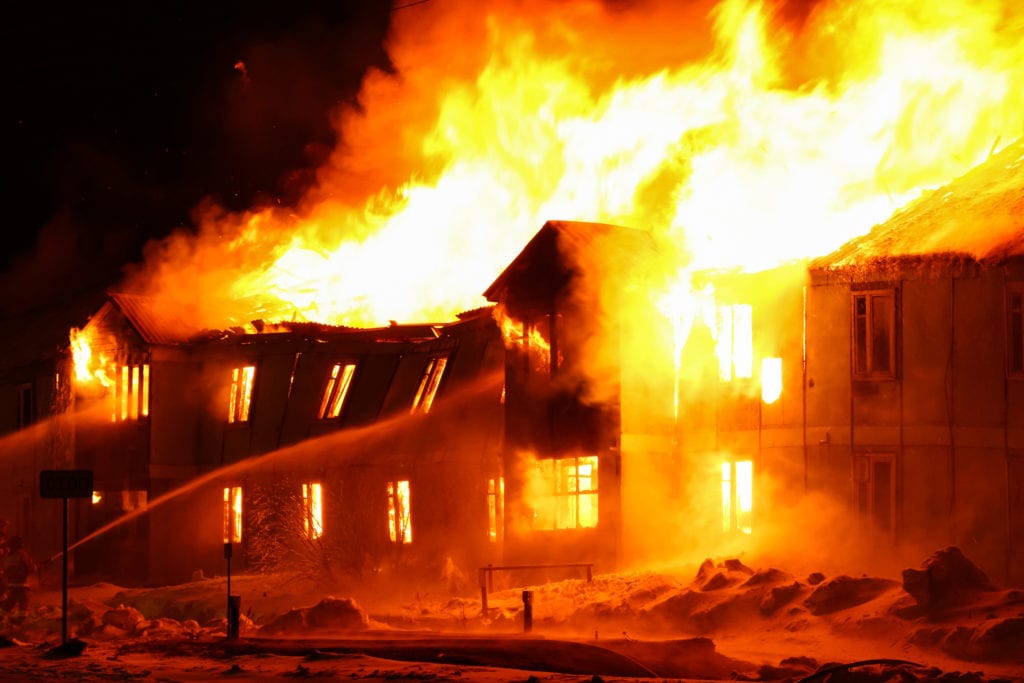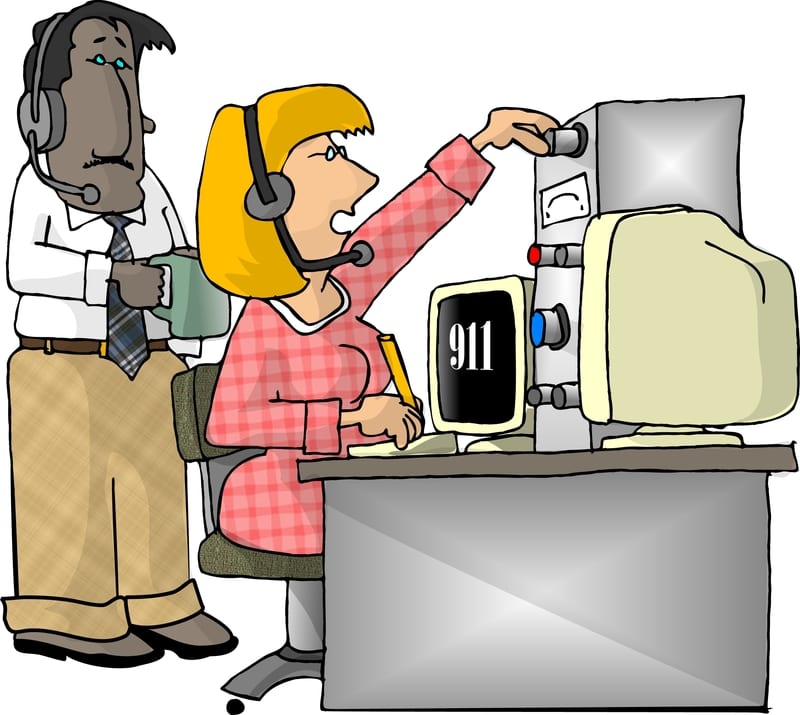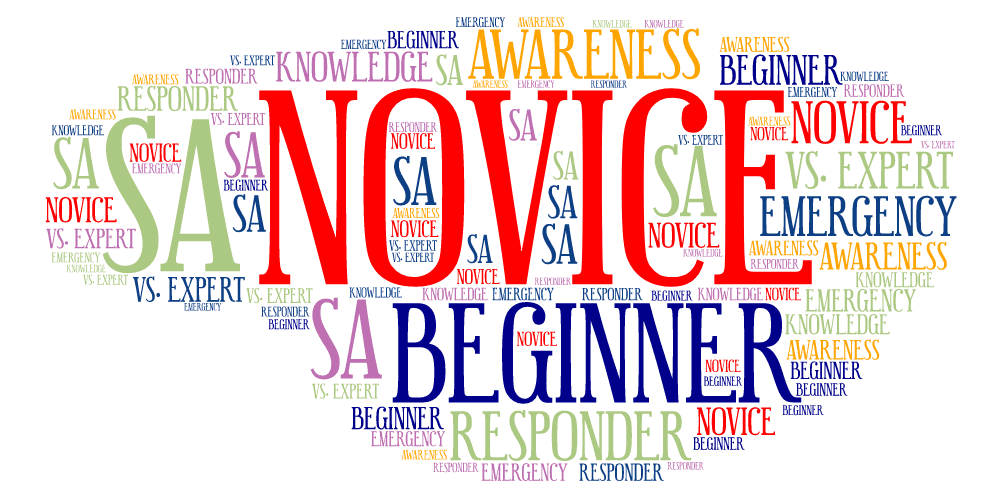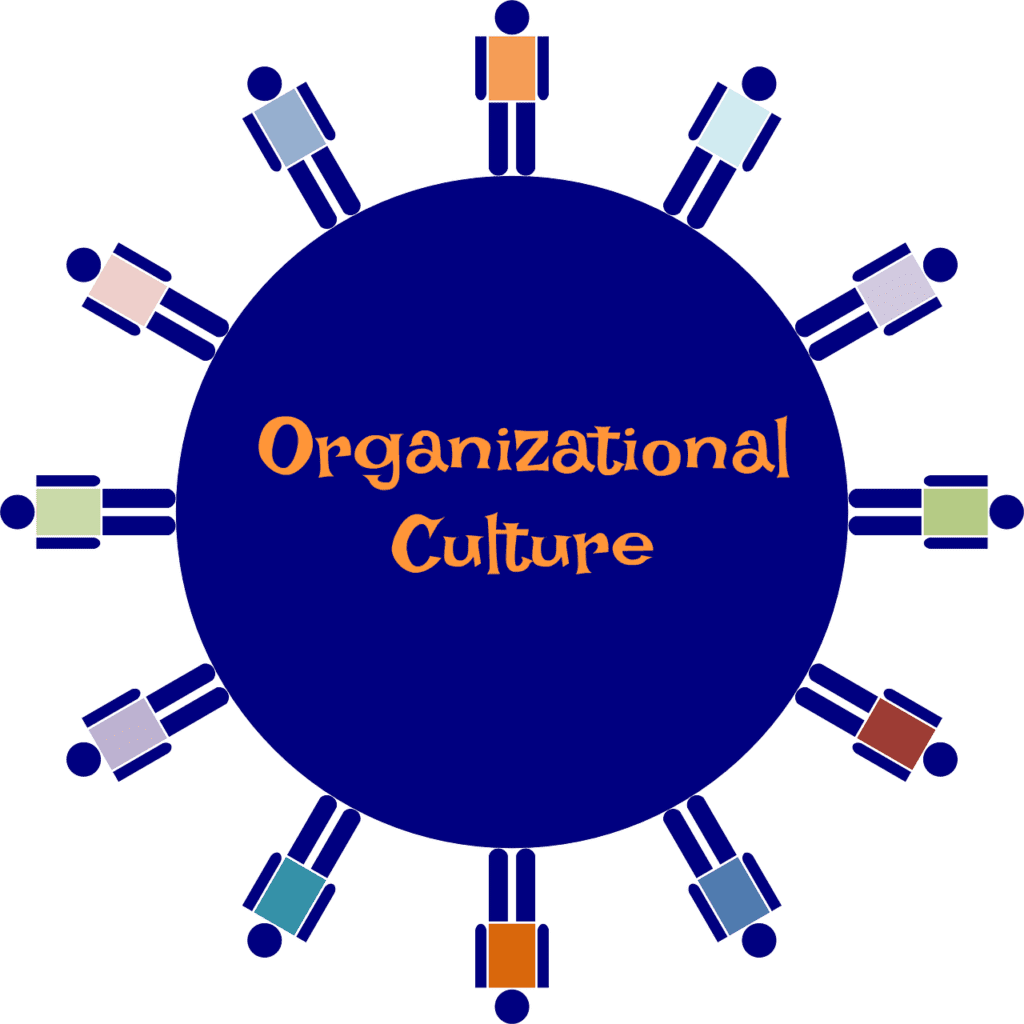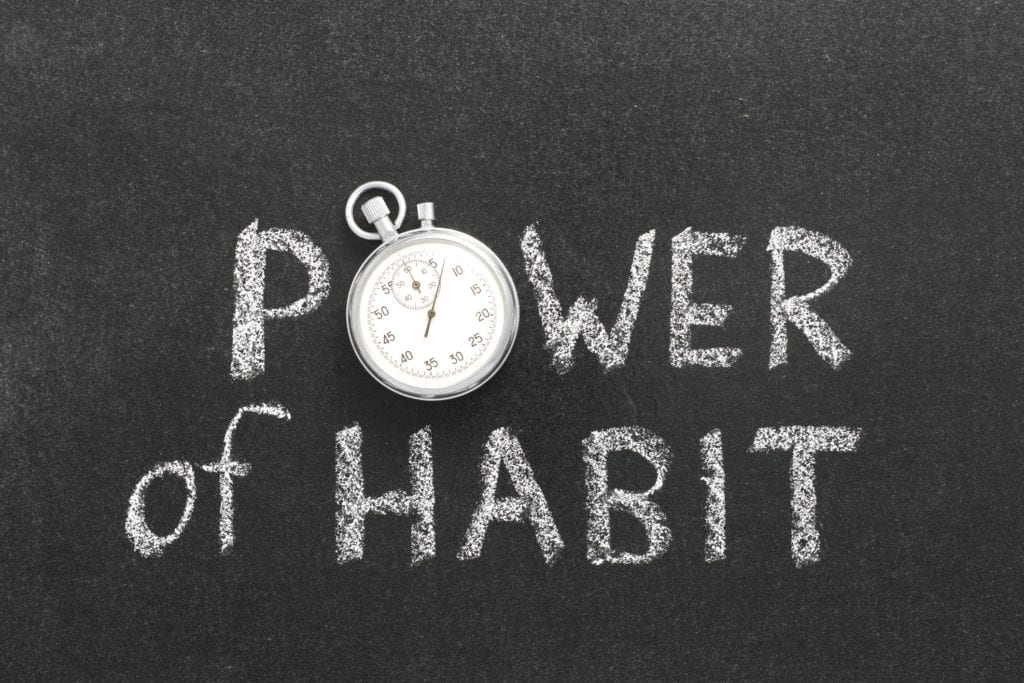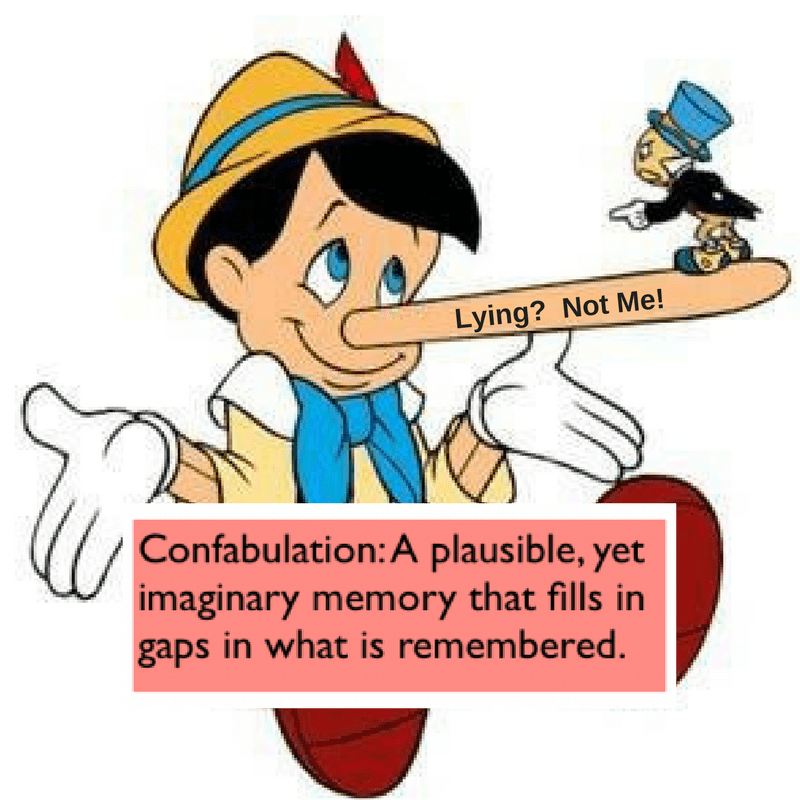Fear can be a barrier to situational awareness
Everyone has fears and fear can certainly impact a person’s situational awareness. Some people are better at controlling their fears while others are controlled by their fears. Some people mask their fears well while others wear their fear on their sleeves. Some people live in denial of their fears and others face their fears and […]
Fear can be a barrier to situational awareness Read More »




